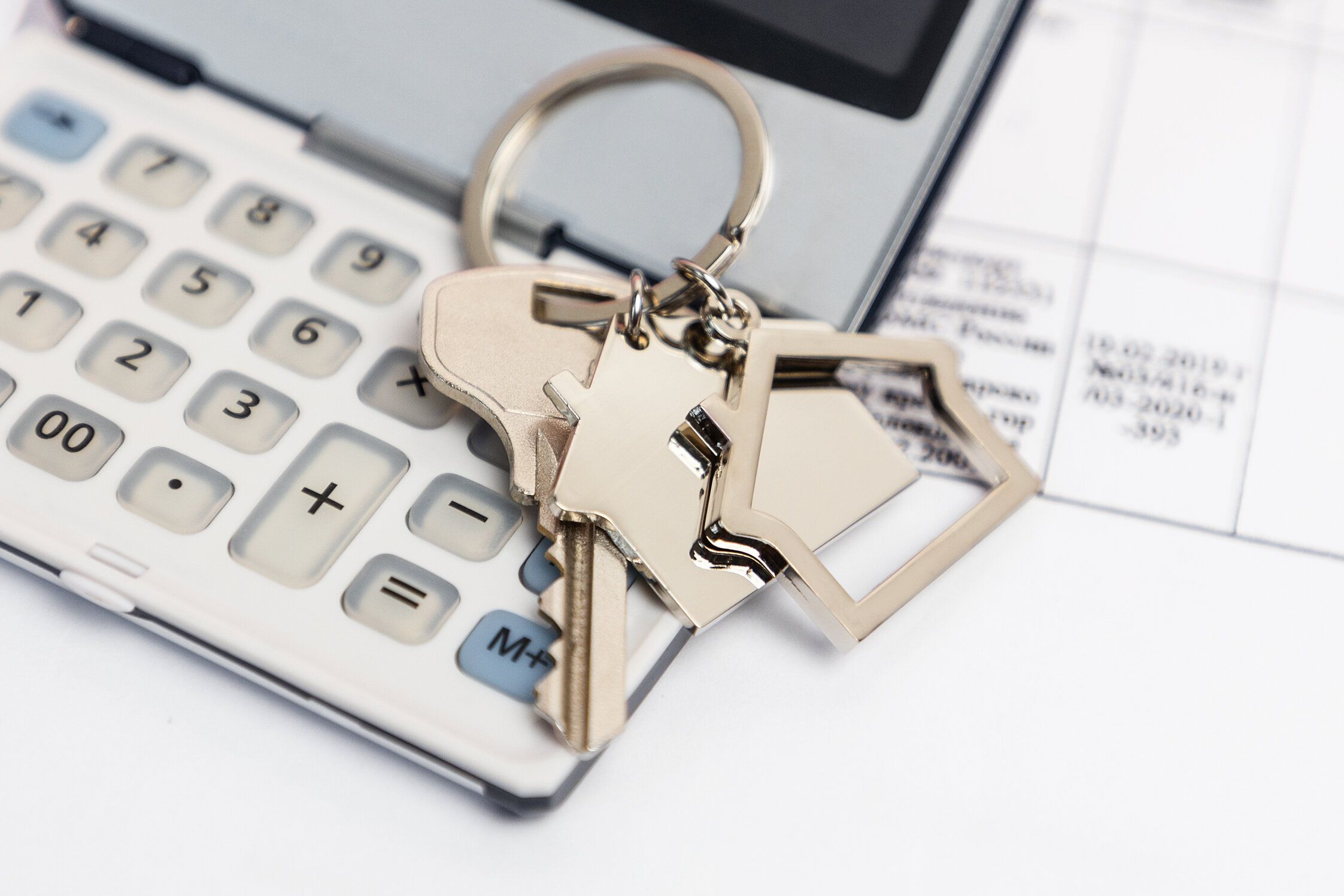Categories
What Proof of Income Do I Need To Get a Mortgage?

It varies from lender to lender, but mortgage providers will require the following proof of income for your mortgage application:
- 1-3 of your most recent payslips
- Your P60 (for up to 2 years)
- Evidence of 2-3 years of bonuses if they're a significant chunk of your earnings
Get a Quote
Proving your income ought to be the easy part of a mortgage application. And for UK-based PAYE salary earners (an increasingly rare breed), documenting your earnings is fairly straightforward.
But for everyone else, from self-employed and contract workers to company directors, barristers, expats and seafarers, you need to know which lenders will consider your circumstances and what evidence they want.
The documentation needed will depend not just on you and your personal circumstances, but also the type of mortgage you’re looking for.
Key Takeaways
- Lenders will want to evaluate your income and expenses, including bills, debts, and spending habits.
- It's a good idea to clean up your bank statements in the year before you apply for a mortgage.
- Gambling transactions, payday loans, and overdrafts can all negatively impact your chances of being approved for a mortgage.
- If you have a complex income structure, it's worth working with an experienced mortgage broker who can advise you on your options.
Skip to:
What Kind of Mortgage Do You Need?
How Much Can You Afford To Borrow?
What Income Documents Do You Need?
Self-Employed and Contractor Mortgages
How a Mortgage Broker Can Help
Proof of Income: What Kind of Mortgage Finance Do You Need?
A residential mortgage application, for example, will have different requirements for you and your partner compared to a buy to let mortgage application.
A BTL application will usually have a lower personal income requirement, but you'll need to provide evidence of the expected rental income for your property.
This documentation may need updating if your application is delayed for any reason or if you reapply with another lender, so keep copies of all your documents clearly dated in a folder.
How Much Can You Afford to Borrow?
Lenders are now required to assess not only your income but the affordability of this borrowing for you. For your affordability assessment they will need evidence of your regular outgoings:
- Car payments
- Credit card balances
- Utility bills
- Mobile phone contracts
- Insurance policies
- Gym memberships etc.
Some lenders will go through your bank statements line-by-line and will be concerned about outgoings such as:
- Payments to gambling websites
- Evidence of payday loans
- Lengthy overdrafts
So, it's good to be conscious of your spending in the 4 months leading up to applying for a mortgage.
To get a better idea of how much you can borrow, use our calculator below

Rates we've been able to secure for recent clients:
2 Year Tracker
Up To £5m
4.94% APR
2 Year Tracker
Subsequent rate 6.99%
LTV - 60%
APRC 8.4%*
Product Fee £999
Free standard valuation
Early redemption charges
As of 10th January 2024
5 Year Fixed
Up To £1.5m
3.89% APR
5 Year Fixed (Remortgage)
Subsequent rate 6.25%
LTV - 60%
APRC 6.1%*
Product Fee £999
Early redemption charges
As of 10th January 2024
2 Year Fixed
Up To £1.5m
4.44% APR
2 Year Fixed (Remortgage)
Subsequent rate 6.25%
LTV - 60%
APRC 6.1%*
Product Fee £999
Early redemption charges
As of 10th January 2024
Contact Us
Thank You for your interest - please complete the form below and a member of our team will be in contact.
*Overall Cost For Comparison
What Income Documents Do You Need For a Mortgage?
For a residential mortgage application:
- 1-3 of your most recent payslips (depending on the lender): paper copies or PDFs
- Some lenders will also request your P60 for 2 years
- If bonuses are a significant part of your earnings, you'll usually need to provide evidence for the past 2-3 years
- If you have more than one job, provide payslips from both employers, how long you've worked for each company, and how many hours for each employer (income from third and fourth jobs usually isn’t counted)
You'll also need bank statements showing the source of your deposit, as your lender will want to verify where it's come from.
And you'll also need proof of your ID.
A lender may also contact your employer for:
- Your job title
- How long you've been employed for
- How secure your position is (whether you're still on probation, for example)
- Confirmation of your salary and bonuses
If you've been in your current job for less than two years, they may ask for details of previous employers as well
Related: What is a Green Mortgage?

Proof of Income For Self-Employed and Contractor Mortgages
In the past, it was considered that anything but a full-time (permanent) contract would be a bar to getting a mortgage.
But in the new employment landscape, lenders are much more flexible in their attitudes to fixed-term, temporary and agency contracts and applications from freelancers.
See similar: How To Find And Download Tax Documents For A UK Mortgage
You'll usually need to provide:
- Your Tax Calculations from HMRC for the last 2-3 years
- Your Tax Overviews for the last 2-3 years
Note: these are not your Tax Return, which is the information you submit to HMRC.
In addition, it may help to provide copies of your current contract (or contracts).
Related: How to Get a Large Mortgage as a Contractor - 5 Top Tips
Proof of Income For Company Directors
Business owners and directors of limited companies often pay themselves modest salaries to minimise tax, plus a director’s dividend to cover their living expenses, leaving the remainder of company earnings in the corporate accounts as retained profit.
It can be prudent business management to leave cash reserves for unforeseen circumstances.
But it may not give you the level of demonstrable earnings that will allow you to access the borrowing you need.
- Most lenders won’t allow you to include profits not drawn down as part of your income calculations.
- But, a good mortgage broker can introduce you to a specialist lender who can consider retained net profit as part of your mortgage income.
- They may consider just this year’s net profit, or your profitability over the past 2-3 years.
Related: Read our full guide for mortgages for company directors
Proof of Income for Barristers
Established barristers can expect to borrow at least 5 times their income. But highly variable monthly fee income and substantial Chambers' costs can make it difficult to calculate a clear income.
If you want to maximise borrowing with a low deposit (5%), lenders may want to see:
- 3 months’ payslips
- 3 months’ bank statements
- 2 years’ accounts and Tax Calculations
- Details of your day-to-day spending
Applying to the right lender may win leniency on accounting requirements and access maximum lending based on your projected future earnings.
See similar: Mortgages for Solicitors - Finance to Suit the Legal Profession
Compare rates and get an instant quote using our online mortgage calculator
Proof of Income For UK Expatriates
By employed by a UK-based or internationally-recognised company is the gold standard for UK lenders, and expat borrowers are usually able to borrow 4.5 times their income if they're earning in pound sterling.
Banks will usually want to see:
- 3 months’ payslips
- 12 months’ bank statements
- An employer’s reference
But non-sterling earnings do present some concerns for mortgage lenders because the value of your monthly transfers back to the UK is dependent upon exchange rate fluctuations beyond your control.
Most lenders will slice a flat-rate 25% of your income as assessed for affordability, to allow for worst-case currency fluctuations.
Lenders could apply the following to their mortgage calculations:
- A spot currency exchange rate at the time of application
- An average of exchange rates over previous year(s)
- The worst exchange rate in previous years
Related: How to Get a UK Expat Mortgage
Proof of Income for Seafarers and Superyacht Crew
Britons working as seafarers in international waters present a unique case in terms of mortgage applications.
Most seafarers work on contract, and many senior crew will still be working on contract well into their 30s, or later.
You can get a UK non-expatriate mortgage if you:
- can show two years of employment history on your UK Tax Overviews
- and have at least six months remaining on your current fixed term contract
Plus, you may not need to show payslips.
The key point is that you must have filed UK tax returns – even though you haven’t been resident in the country.
Many seafarers mistakenly believe that because their earnings paid by an overseas company are tax-free, they don’t need to complete a UK tax return.
But they will be missing out on a unique UK tax exemption for seafarers: the Seafarers Earnings Deduction (SED).
This allows them to qualify for non-expatriate mortgage rates so long as they can demonstrate a UK 'home' address.
Read our blog: Seafarers’ UK mortgages
Get Access to Leading Mortgage Terms Today
Anyone applying for a UK mortgage with a complex income setup is well-advised to use an experienced broker, with full market knowledge of which lenders will take the most favourable view of your circumstances.
We can present your application with all the documentation required and make for a stress-free and efficient approval process.
To see what we can do for you, give us a call at 0203 900 4322 or book a free consultation below.









